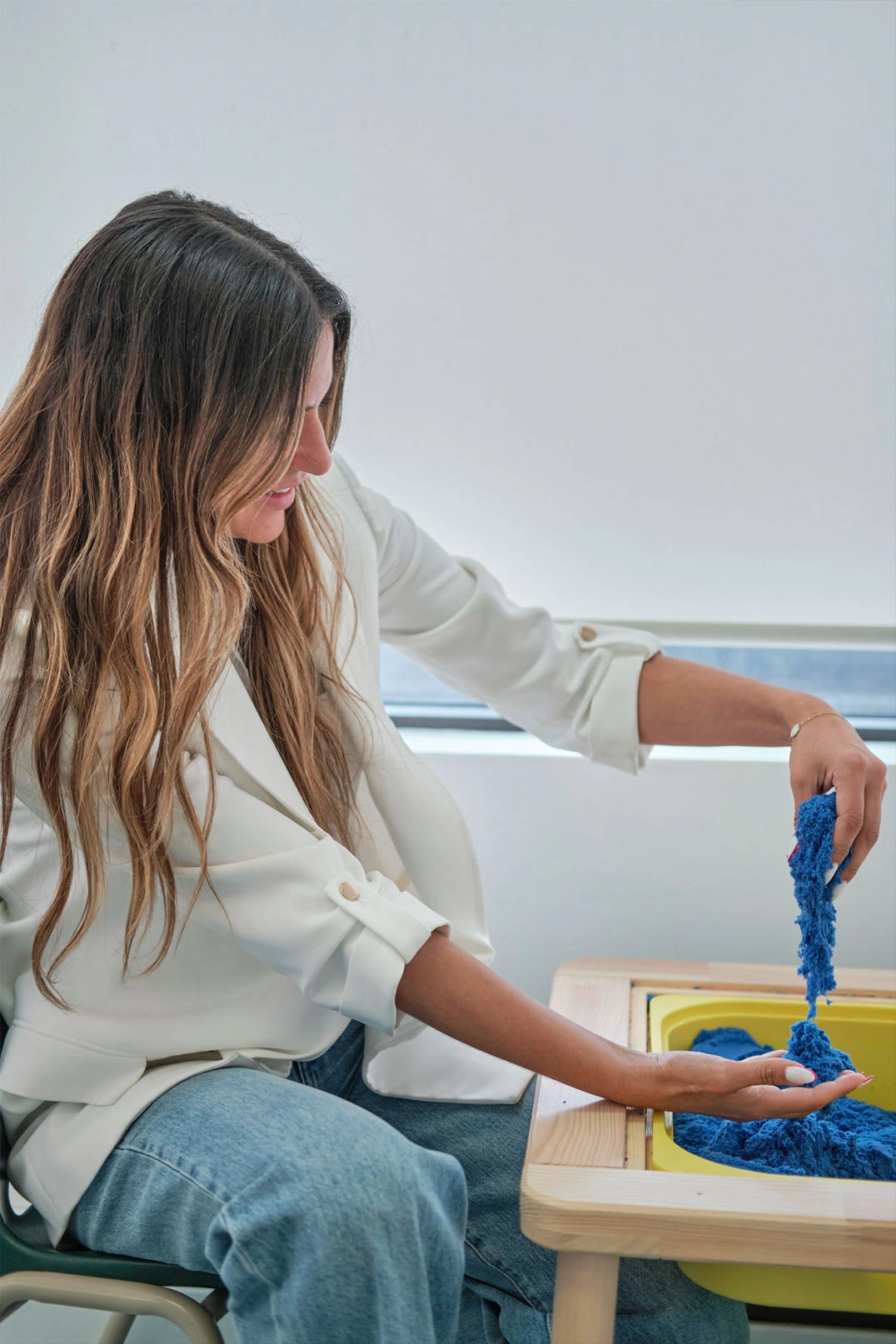What does a Pediatric Physiotherapist do?
Sometimes, babies and children need physical therapy as well. As
we grow, we learn to walk up the stairs or throw a ball. For some
children either developmental delays or injuries can prevent them
from accomplishing what we consider simple tasks. A pediatric
physical therapist helps children improve their range of motion,
strength, flexibility, balance, and movement patterns.
What is Pediatric Physiotherapy treatment like?
When a child comes to Physiotherapy, the sessions are most often
organized to look like play. We encourage fun and age-appropriate
games and activities all while working towards their intended
goal. Children should be happy and motivated, but physical therapy
is also hard work! So let's get moving!
Pediatric physical therapy works on improving gross motor skills
(such as walking, jumping and throwing). We encourage kids to
play, run, hop and explore while working towards what has been
limiting them.
Give us a call if you have any questions or would like your child
to be seen for any of the following issues:
- Plagiocephaly (flat head)
- Torticollis
-
Developmental delays (not hitting age appropriate milestones)
- Recovering from sports and non-sports-related injuries
- Genetic disorders, such as down syndrome
- Muscle weakness or imbalances
- Poor coordination and/or motor planning
- Nerve/muscle conditions, such as cerebral palsy
